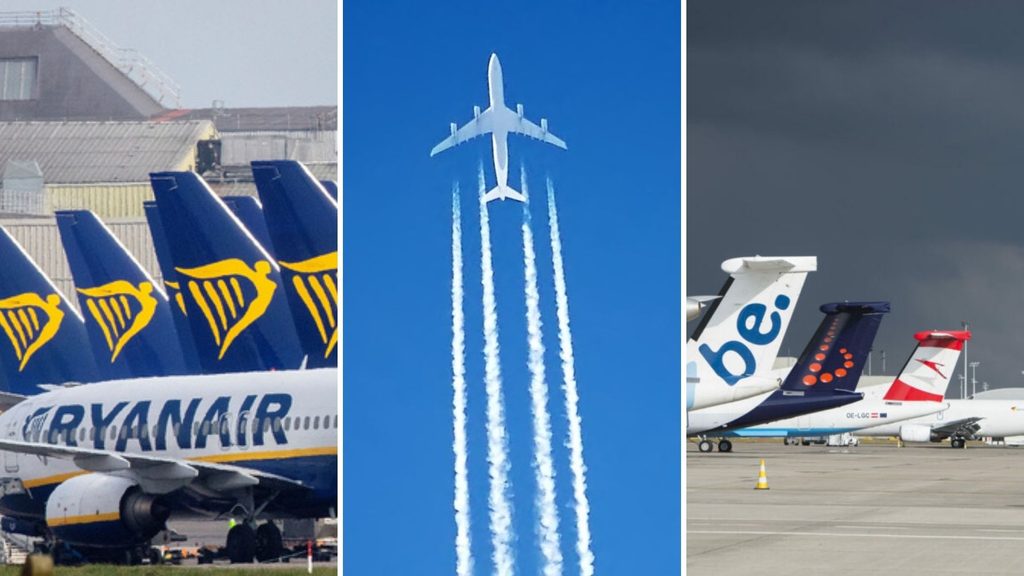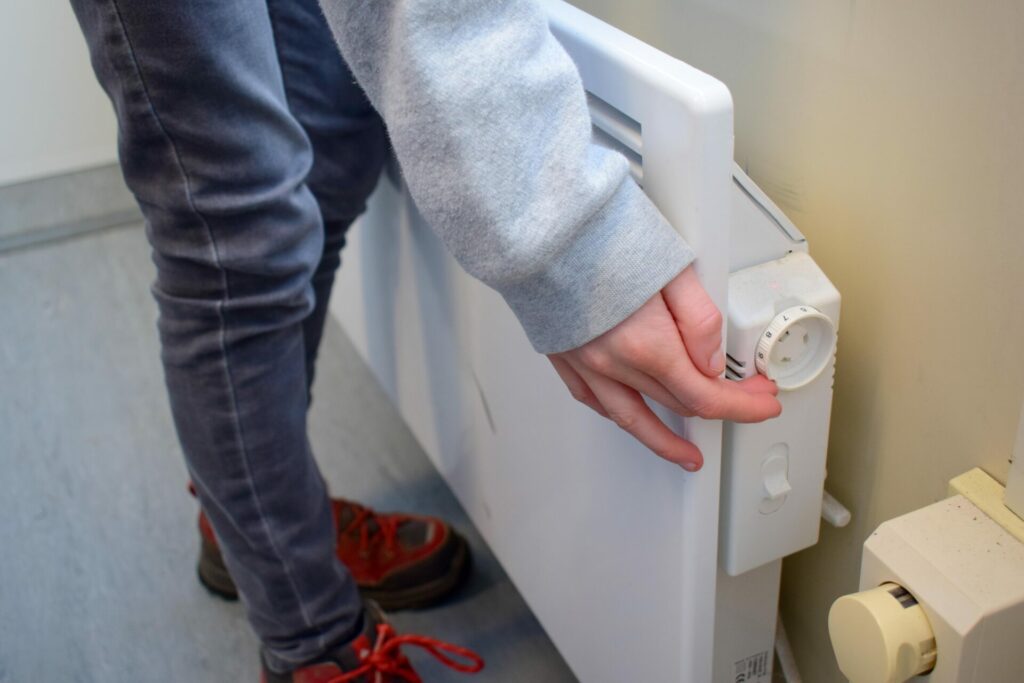As global economies got back on their feet following the 2008 financial crash, citizens of developed countries were aiming for the skies as budget airlines enticed ever more passengers with deals that many saw as too good to turn down.
With the aviation sector loosely regulated and a burgeoning appetite for travel, flight numbers in Europe rose unabated for a decade – both responding to and driving demand. Half-hearted efforts to regulate the industry in the name of climate targets were watered down by strong lobbying and legislators reluctant to stand in the way of the popular transport mode.
But things were brought abruptly back to earth by the pandemic, which not only burst the aviation bubble but also gave national and international bodies pause to push ahead with long-delayed environmental measures. Whilst flying is back on the cards, industry experts expect that the days of bargain deals are behind us.
And though fares are already 15–25% more this summer than last, will the appeal of foreign destinations trump the higher prices of airlines eager to maintain profits? Or will (regular) flying become a reserve of the rich, as once it was (and arguably still is when viewed on the global scale)?
Belgium in Brief regulars might detect an undertone of flygskam from your correspondent – of all the activities an individual can indulge in, flying is far and away the most detrimental to the environment. But despite exciting developments on Europe's network of night trains, prices remain prohibitive in most cases and flying is often still cheaper.
Not deaf to the argument that cheap airfares have democratised travel, Europe is in danger of denying less affluent folks the pleasure of overseas vacations whilst allowing the richest to keep polluting undeterred. A more equal solution would be a type of flying tax that increases significantly with each additional flight over a certain threshold – say, one medium-haul return journey per year.
But with the 'ecological and economical aberration' that is ultra short-haul flights only just being outlawed, we are still a long way from an egalitarian approach to air travel.
How much more would you pay to fly? Let @Orlando_tbt know.
Belgium in Brief is a free daily roundup of the top stories to get you through your coffee break conversations. To receive it straight to your inbox every day, sign up below:
1. Storm in the Netherlands: Hundreds of flights cancelled at Schiphol and trains suspended
Strong weather conditions in the Netherlands have led to at least 300 flights being cancelled at Schiphol Airport. Train traffic in the northern Netherlands has been completely suspended. Read more.
2. Belgians' energy consumption falls to lowest level in 20 years
Belgians' small daily gestures to save power have paid off, as energy consumption has fallen by 9% to its lowest level in 20 years, according to figures published by the Economy Ministry. Read more.
3. End of the budget airline? Why aviation costs will stay high
The cost of air travel in Western Europe increased by 15% to 25% compared to 2022 and will likely keep rising in the coming years, according to the aviation industry. Read more.
4. Belgian economy ranks 13th in World Competitiveness Ranking
Belgium climbs to 13th place (up from 27th place in 2019) in the World Competitiveness Ranking, which analyses and ranks countries based on how they manage their competencies to achieve long-term value creation. Read more.
5. European Commission 'concerned' about Chinese export restrictions on critical metals
The European Commission is "concerned" about China's export restrictions on gallium and germanium, two rare metals and critical raw materials (CRMs) that are indispensable for the production of advanced chips. Read more.
6. 'No more TikTok in class': Phones to be banned from Dutch classrooms
Mobile phones, tablets and smartwatches will be banned from classrooms in the Netherlands from the start of next year as they have been deemed too distracting. Read more.
7. Hidden Belgium: Tazu
Not many people know about the cocktail bar that opened in 2002 in Antwerp’s mysterious Vlaeykensgang quarter. It is hidden down a cobbled lane in one of the city’s oldest houses. Read more.


